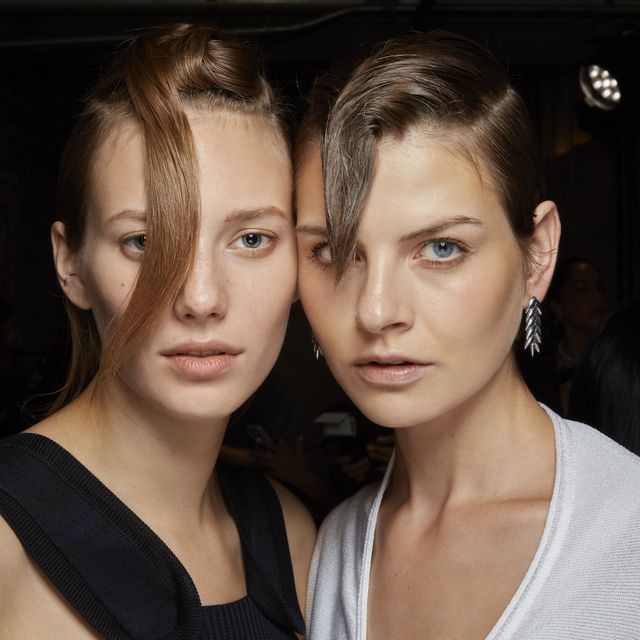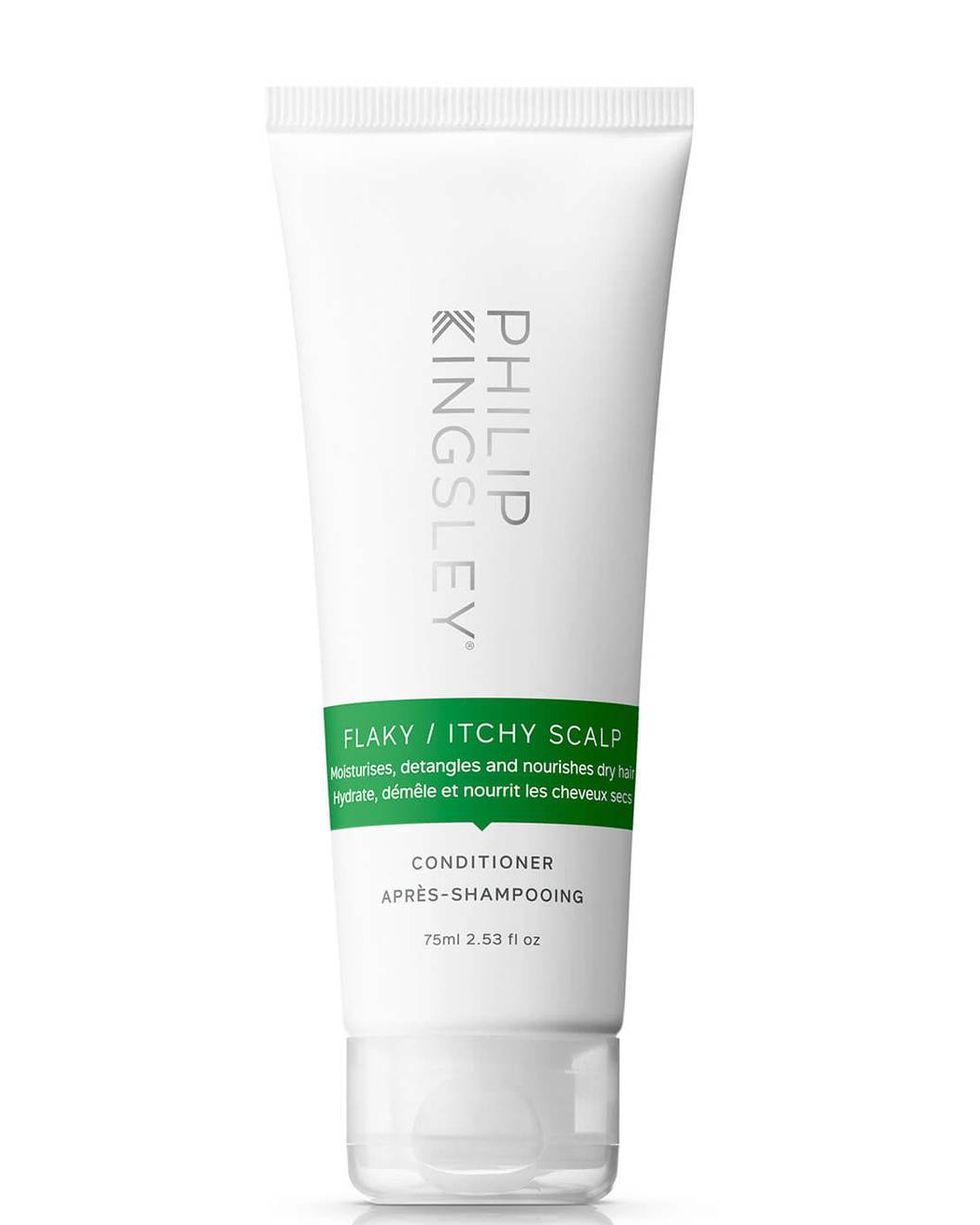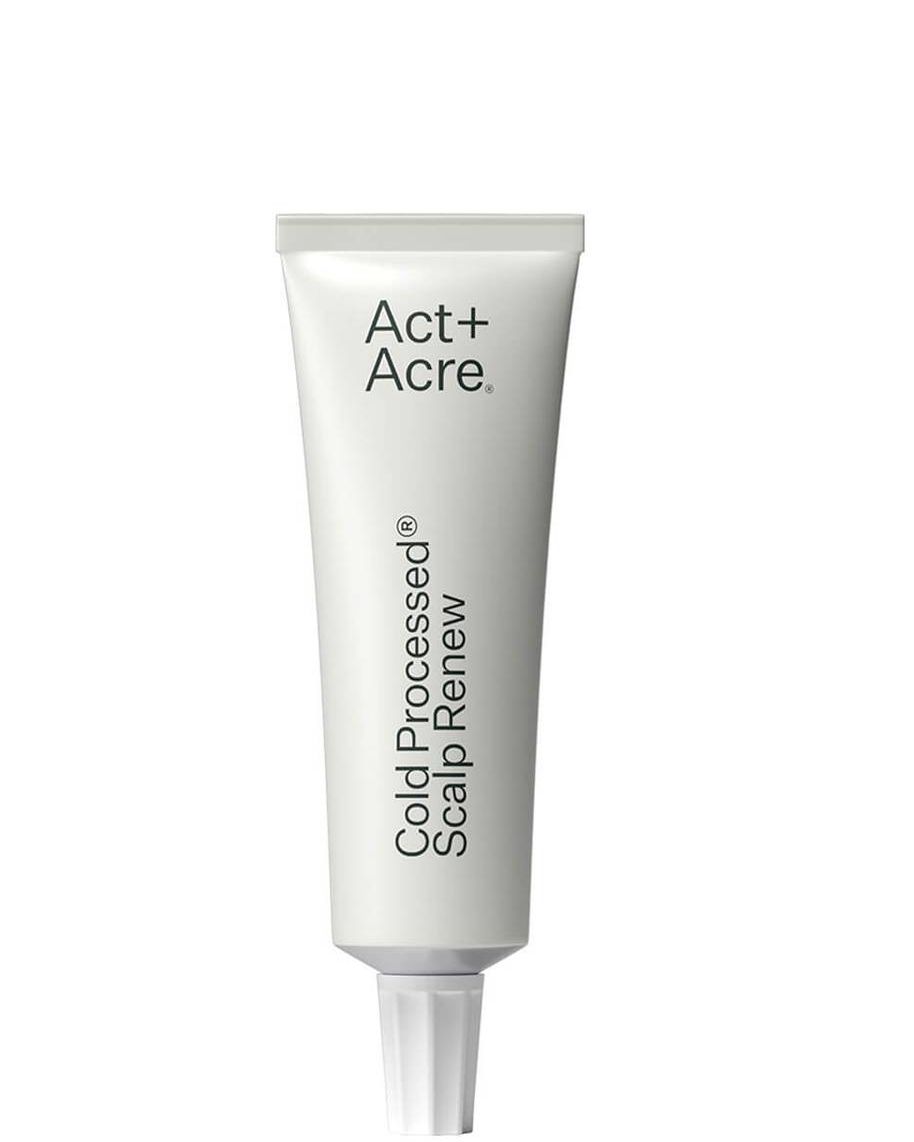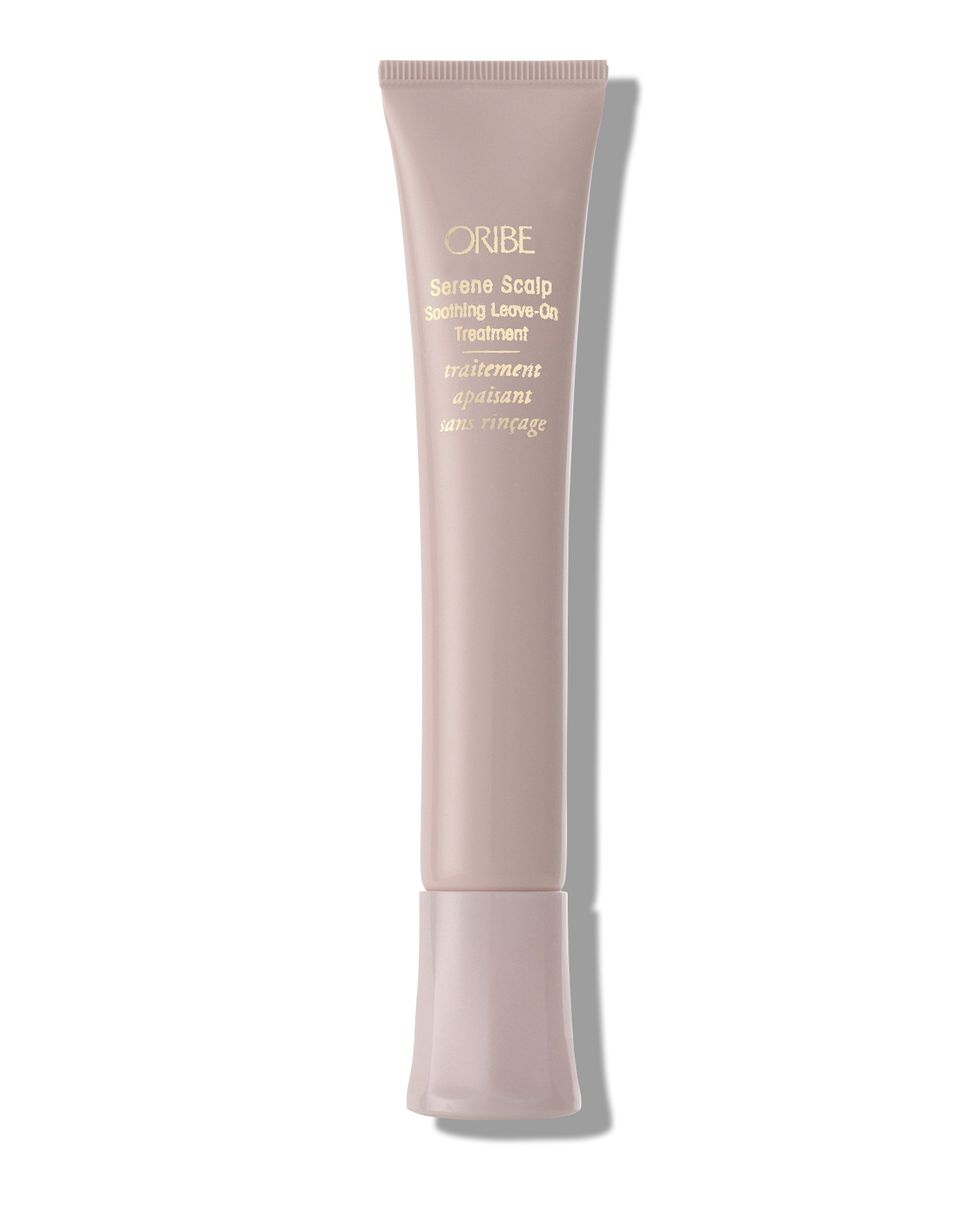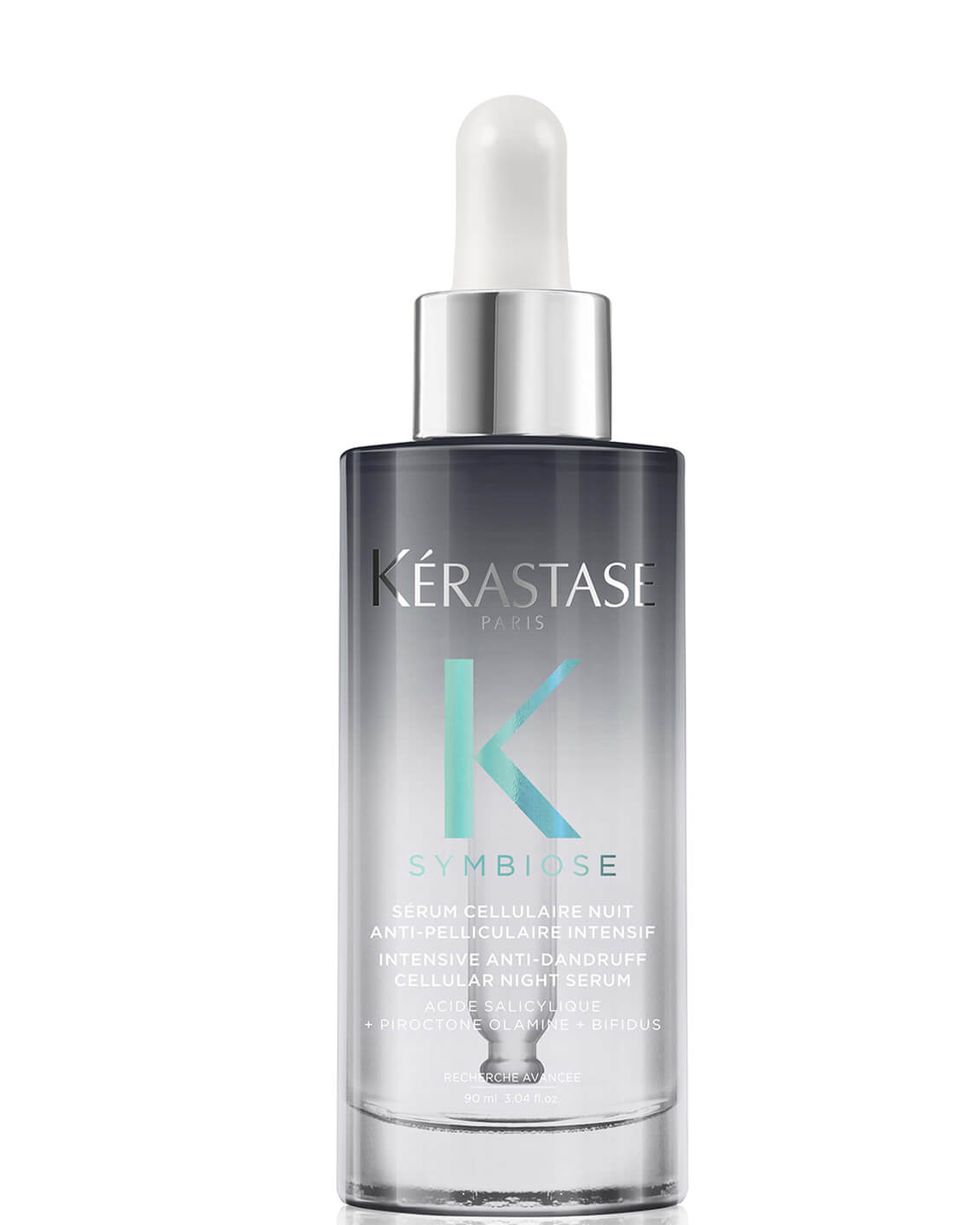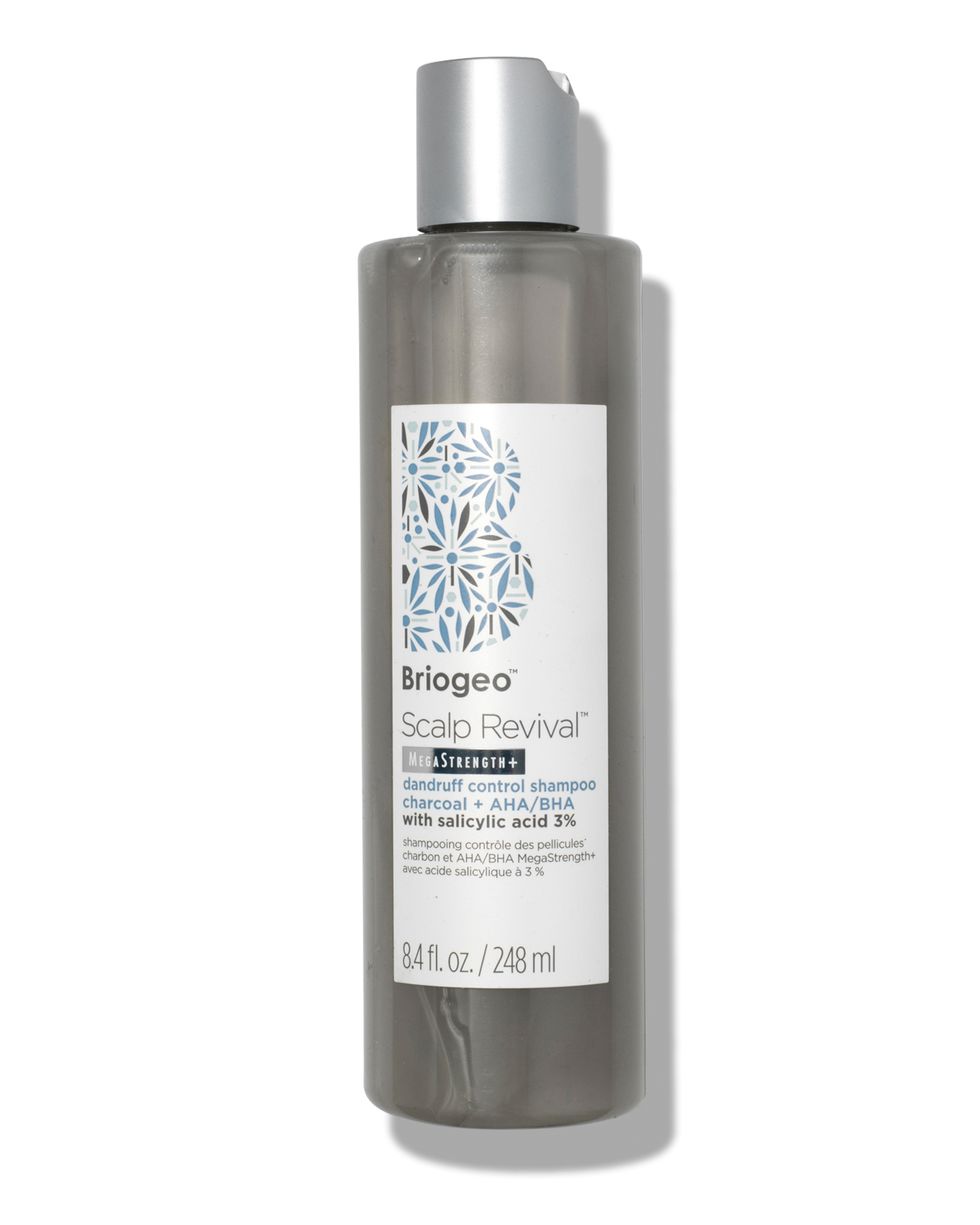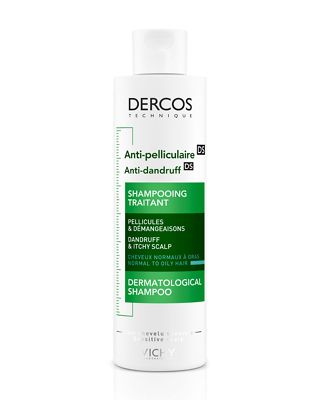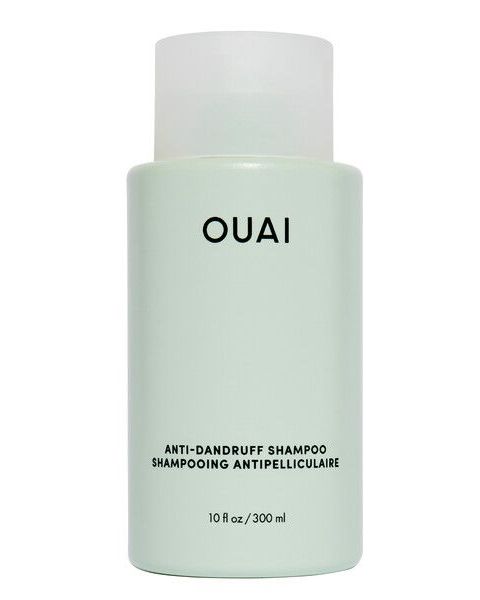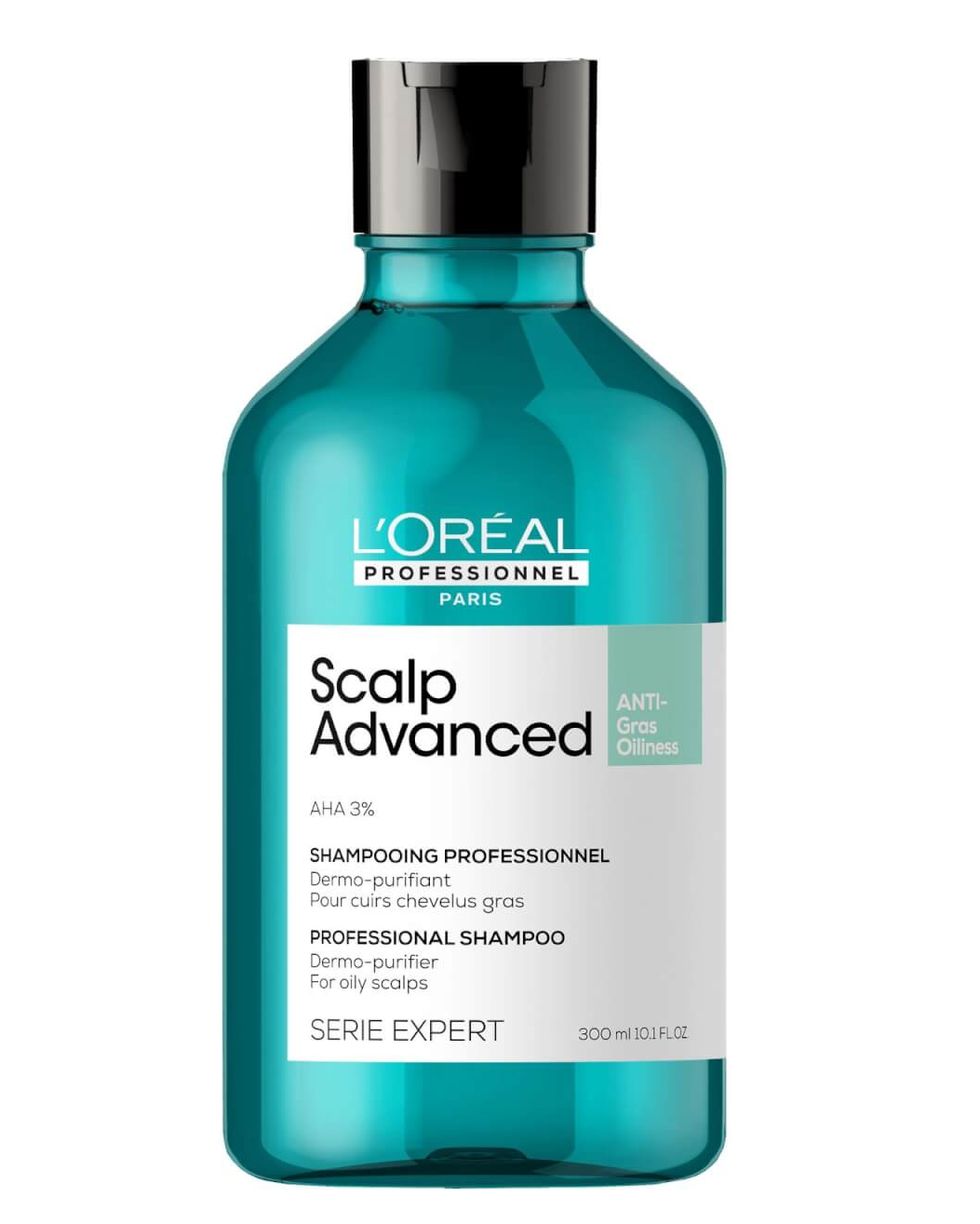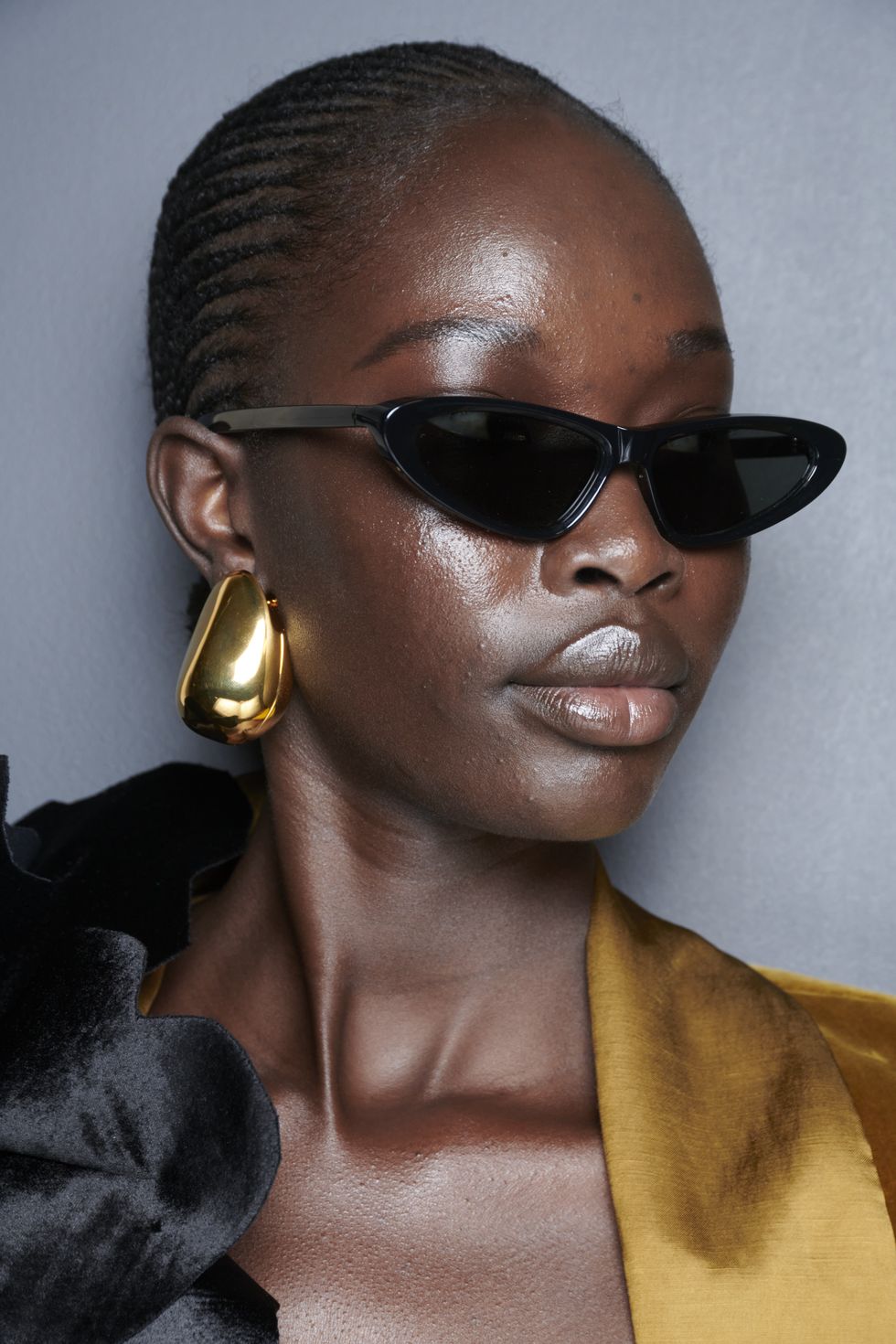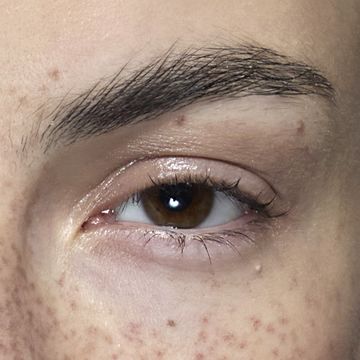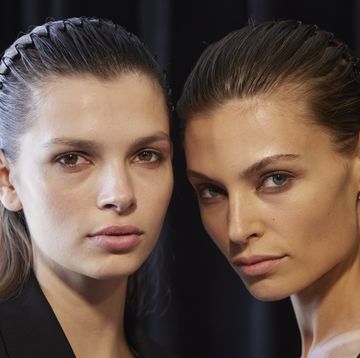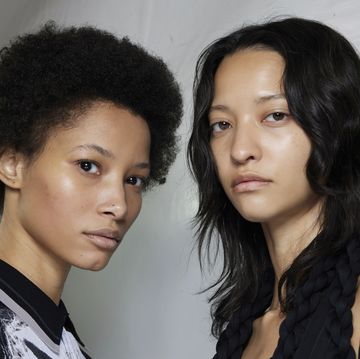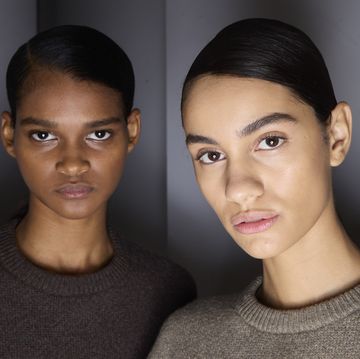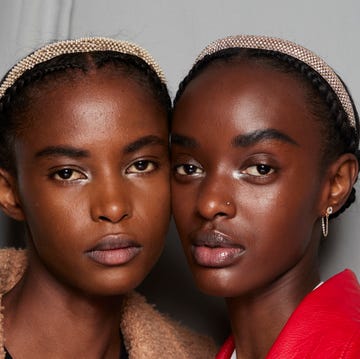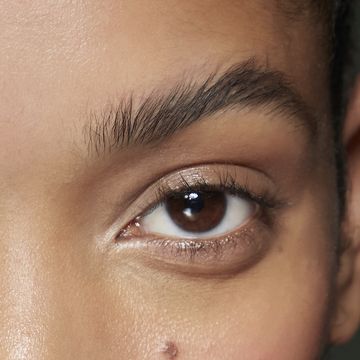We've all seen the ads: person in a black jumper looking embarrassed and exasperated at the dusting of white snowflakes on their shoulder. But dandruff, which affects more than 50% of the population according to a Unilever study, is perfectly normal and can easily be remedied with the right products.
‘Dandruff is a loose term given to all types of scalp flaking. This can range from loose flakes to bothersome scales that cling to the hair. The most common form of dandruff is known as pityriasis capitis,’ says Jane Martins, senior consultant trichologist at Philip Kingsley. While dandruff is often visualised as tiny white snowflakes, the colour actually varies according to skin tone. ‘These flakes easily dislodge from the scalp without any associated signs of itching,’ explains Eleanore Richardson, consultant trichologist at Fulham Scalp & Hair Clinic.
Read on for the best way to manage dandruff, according to expert trichologists.
What causes dandruff?
The main cause of dandruff is the overgrowth of a yeast (fungal) population that naturally lives on your skin called malassezia furfur which can be exacerbated by various triggers including stress, dryness, overproduction of oil and weather changes. Certain medications can also cause a flaky scalp.
What are the common misconceptions around dandruff?
Because dandruff manifests as flaky skin, it’s often associated with dry scalps. But that’s not always the case, says Martin. ‘It’s mostly found in people with oily skin. Your natural skin secretion such as sebum form a protective covering that keeps these bacteria (malesezzia furfur) dormant.’
Martin also cautions against using heavy oils on the scalp or applying conditioner directly on the roots. ‘It will not harm the scalp but there is no benefit. It'll just weight down the hair which leads to oily roots and flat-looking hair,’ she explains.
How is dandruff treated?
‘Topical products can make a real difference as it has a direct impact on the bacteria population present on the skin surface,’ says Richardson. Look for dandruff-targeted shampoos containing salicylic acid, which ‘gently exfoliates the scalp to remove flakes and balance oil production while offering anti-fungal properties to help treat dandruff,’ explains trichologist, hairstylist and founder of Act + Acre, Helen Reavey.
Reavey's also a fan of moringa extract which has anti-fungal and antimicrobial properties to help rebalance the scalp microbiome. Medicated shampoos might not be the chicest, but ones containing either ketoconazole, zinc pyrithione, coal tar, or selenium sulfide can go a long way in tackling dandruff. Most pharmacists will recommend starting these once a week to see how your scalp reacts.
What should we avoid?
A good rule of thumb is to steer clear from applying rich formulas containing sulfates, silicones, oils and heavy fragrances onto your scalp, says Reavey. ‘The yeast in dandruff feeds off lipids in our products but also in our natural oils, so it’s incredibly important to cleanse consistently when suffering from dandruff,’ she explains.
The haircare industry is booming with varying serums, scrubs and masks, but streamlining your routine is the best course of action – at least until the dandruff is under control. ‘Oils, dry shampoos and heavy styling products that sit on the scalp surface and aren't regularly washed off may disrupt your scalp microbiome and encourage fungal or bacterial overgrowth. This leads to dandruff or other inflammatory scalp conditions,’ says Richardson. Stick to a gentle shampoo (throw in a medicated version once a week), condition the ends and add a targeted serum if needed.
When should you talk to a professional?
Experts agree that if dandruff persists after four weeks or if you start noticing itching, scabbing, hair shedding or redness, it’s time to book in with a certified trichologist.
